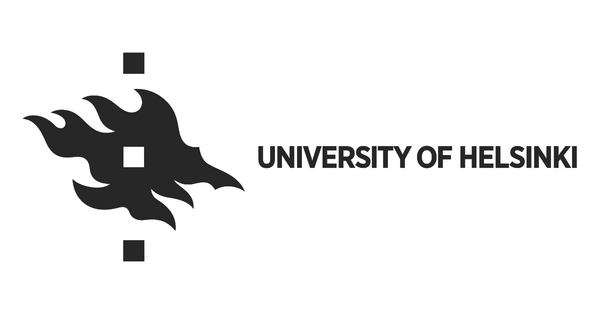University of Helsinki: Machine learning beats traditional methods in Helsinki Deblur Challenge 2021
A team of four mathematicians from Berlin achieved the highest quality in deblurring. The second place went to Singapore and the third one to Holland. All the best three teams relied on machine learning in their solutions. Teams from the University of Eastern Finland and the University of Helsinki also participated, though the team from Helsinki knew in advance that their solution could not win according to the competition rules, since the competition was designed at the Department of Mathematics at the University of Helsinki. A large number of participants registered for the competition, and the data have been downloaded over 1,000 times already. Solutions were returned by 15 groups.
The results were judged by how many letters of random text can a computer identify correctly from the sharpened photos. The algorithm was also expected to produce reasonable results when applied to test images with other content than text; this was to rule out methods that fill in characters regardless of the input image.
“Amazing results were achieved with machine learning. The methods of inversion mathematics barely went half-way in our competition material, where the images became blurrier and blurrier at every step, 20 steps in all. Applying machine learning, the blurrier images were deblurred so that 70 per cent of the letters became legible”, says Professor Samuli Siltanen from the Department of Mathematics at the University of Helsinki.
The competitors were allowed to study in advance the technology with which the data had been produced. It used two cameras, and that was why there was one sharp and one blurry version of each image.
“Usually, algorithms are tested with simulated data, but here we had real data and it offered us an interesting starting point”, says Markus Juvonen, who is preparing a PhD thesis on the topic.
The competitors were expected to publish the result and document the method they had used. All the algorithms developed by the contestants are now public and have been tested by e.g. computer science professor Teemu Roos, who commented them on Twitter.
The contest was organised by the Finnish inverse problems society (FIPS), headed by Professor Samuli Siltanen. Besides Siltanen and Juvonen, the contest organising committee included Post-doctoral Researcher Fernando Moura from the Inversion mathematics group at the University of Helsinki.

